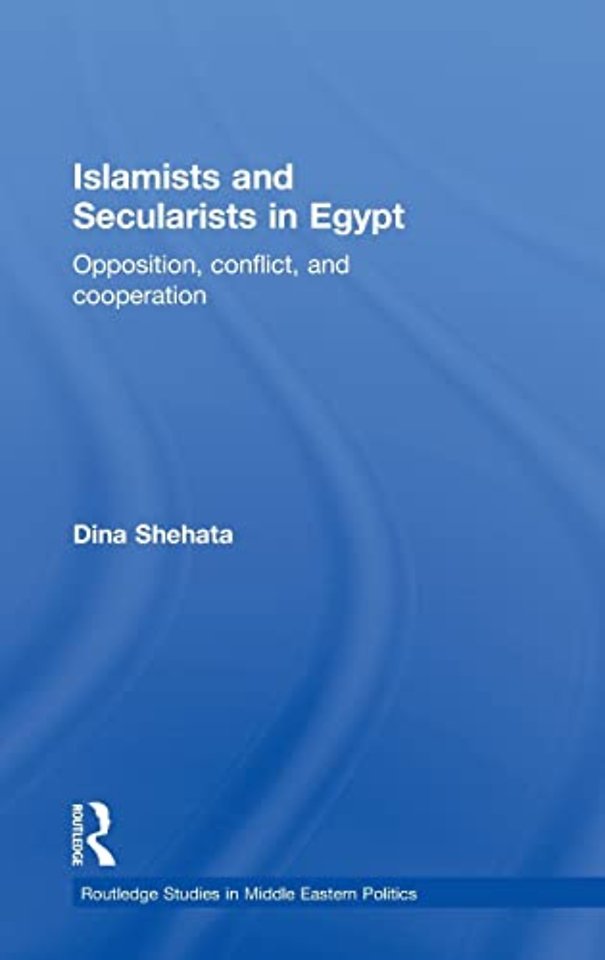Islamists and Secularists in Egypt
Opposition, Conflict & Cooperation
Samenvatting
In a detailed analysis of the continued survival of authoritarian governments in the Arab world, this book uses Egypt as a case study to address the timely and complex issue of democratization in the Middle East.
This book examines how relations between different actors in the Egyptian opposition have contributed to the endurance of authoritarianism in Egypt over the past three decades. The author argues that the longevity of the authoritarian government is not only a function of the strength and cohesion of the regime, but is also related to the weaknesses and divisions between opposition groupings, particularly between Islamists and non-Islamists. Looking at how such ideological differences and mobilizational asymmetries have impeded successful cooperation between different opposition groups, and how this allows the authoritarian regime to successfully ensure its continued hegemony, the author illustrates the extent to which opposition strategies profoundly affect successful transitions to democracy in the Arab world.
Highlighting the main obstacles to democratic political reform in the region, the author provides important insights for the promotion of democracy in the region which will be a valuable addition to the literature on Middle Eastern politics and government.
Specificaties
Net verschenen
Rubrieken
- aanbestedingsrecht
- aansprakelijkheids- en verzekeringsrecht
- accountancy
- algemeen juridisch
- arbeidsrecht
- bank- en effectenrecht
- bestuursrecht
- bouwrecht
- burgerlijk recht en procesrecht
- europees-internationaal recht
- fiscaal recht
- gezondheidsrecht
- insolventierecht
- intellectuele eigendom en ict-recht
- management
- mens en maatschappij
- milieu- en omgevingsrecht
- notarieel recht
- ondernemingsrecht
- pensioenrecht
- personen- en familierecht
- sociale zekerheidsrecht
- staatsrecht
- strafrecht en criminologie
- vastgoed- en huurrecht
- vreemdelingenrecht

